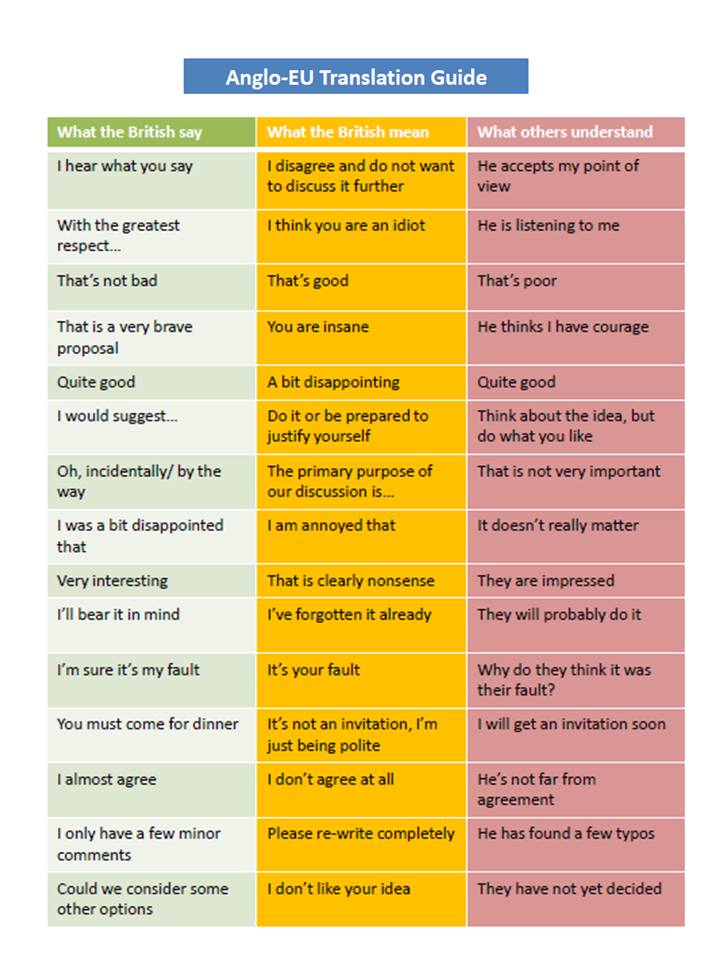Are British and American forms of English sufficiently different to cause problems in transnational technical publications teams? Can British and American technical writing teams work in harmony?
If you participated in a recent debate initiated by Scott Abel on Facebook (actually concerning the different subject of outsourcing projects to India), you might think it could cause problems, as one commenter stated that British understatement (and supposed overuse of the passive voice) could result in unclear user documentation.
Furthermore, if you?d also read a recent article in Nature, you?d have found researchers?analysing?the digitized texts of English-language books over the past century concluded that, in the last 50 years, American English has become decidedly more emotional than British English. They also claimed this was part of a more general increase of the stylistic divergence between the two variants of English language.
I think for technical documentation, we don?t need to worry. Indeed, I could have used a distinctly British word for nonsense?to express my opinion of the comment on Facebook. In my experience, technical writers prioritise clarity and accuracy so much so that there are few problems in having a British-American writing team.
It?s true there are some style issues that need to resolved. For example, deciding how you spell words such as ?colour? and ?metre,? and what you mean by ?must? and ?shall.? British understatement does exist, and it can be misinterpreted by non-native English speakers, as the Anglo-EU translation cartoon demonstrates:
 In my experience, most British technical writers know when to ?call a spade a spade? and speak in a way that is clear enough for an American colleague to understand what they are saying.
In my experience, most British technical writers know when to ?call a spade a spade? and speak in a way that is clear enough for an American colleague to understand what they are saying.
However, you don?t need to take my word for it. In the same way the researchers analysed those differences in British and American literature, someone could do a similar analysis on British and American user guides. Google?s MapReduce?application may be one way to do this quickly and cheaply, as MapReduce can analyse a set of documents contained in a Zip file and report on how often a word or phrase appears. You could carry out a similar exercise comparing American and Indian user guides as well (As an aside, you could also use it to assess how much duplicated content you have?handy for assessing the savings you?d get from moving to a single sourcing authoring environment).
What?s your experience of British and American writers working together? Did it work well? ?You can use the comments box to share your thoughts.
Ellis Pratt is sales and marketing director at?Cherryleaf. Ranked the most the influential blogger on technical communication in Europe, Ellis is a specialist in the field of creating clear and simple information users will love.
Source: http://notebook.stc.org/letter-from-the-uk-two-nations-divided-by-an-uncommon-language/
hand sanitizer obama on jimmy fallon google drive pilar sanders andrew young real life barbie zipper
No comments:
Post a Comment
Note: Only a member of this blog may post a comment.